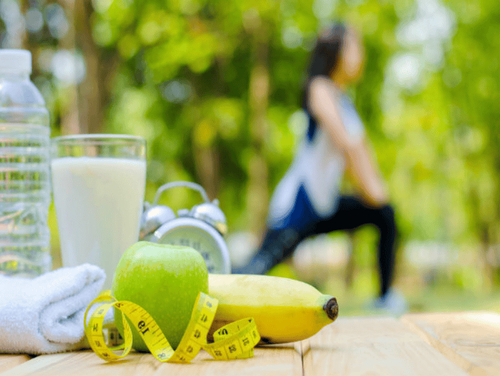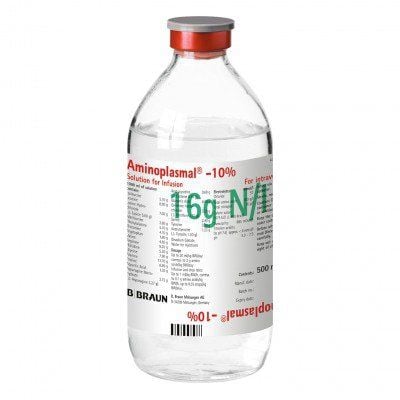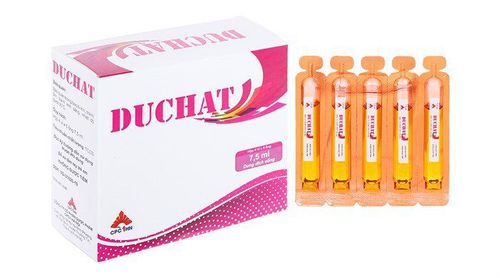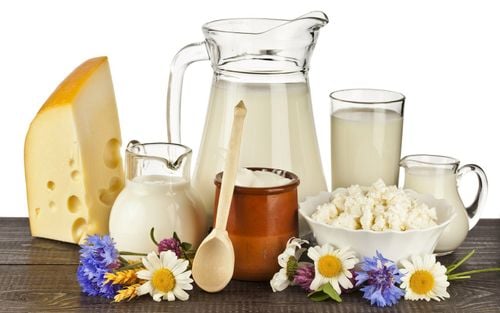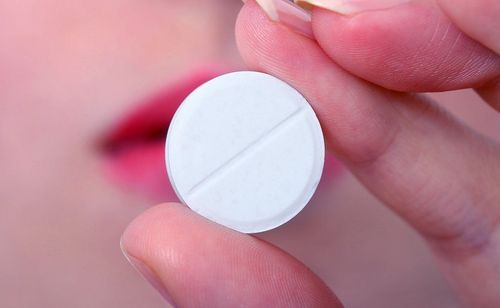This is an automatically translated article.
Cheese is a product made from milk. This is a dish that provides a lot of protein and nutrients for the body.
1. Nutritional composition of cheese
Cheese is a great source of fat, cholesterol and, more importantly, saturated fat. The amount of these substances in different types of cheese will be different. While the largest source of saturated fat and cholesterol in the American diet is the meat food group (which includes beef, processed meat, eggs, poultry, and other meats), the dairy group (which includes cream and cheese) is number 2.
But on the plus side, cheese is a great source of protein and calcium. The protein content in cheese is quite high. These are two nutrients that the human body desperately needs. Just 60 grams of fat-free cheese will provide the body with 40% to 50% of the recommended daily value for calcium, and the protein content of cheese is about 15 grams, all with levels between 160 and 180 calories.
60 grams of regular cheese will provide the body with the same amount of calcium and protein, but with calories and fat it will probably be higher: 228 calories; 19 grams of fat (compared to 10 grams to 12 grams), 12 grams of saturated fat (compared to 8 grams); 50 to 60 milligrams of cholesterol (compared to 30-40 milligrams)
2. The Health Benefits of Cheese
Is it good to eat cheese? In fact, consuming only a reasonable amount of cheese daily is proven to have many health benefits for each person.
2.1. Protects Bones Osteoporosis is a disease characterized by a decrease in bone density and an increased risk of fractures. Using milk and dairy products including cheese offers an effective strategy to combat this disease, especially for women.
2.2. Protects the heart Milk and dairy products consumed in moderation daily are considered beneficial for heart health and may help reduce the risk of high blood pressure. These are the main causes of cardiovascular disease.
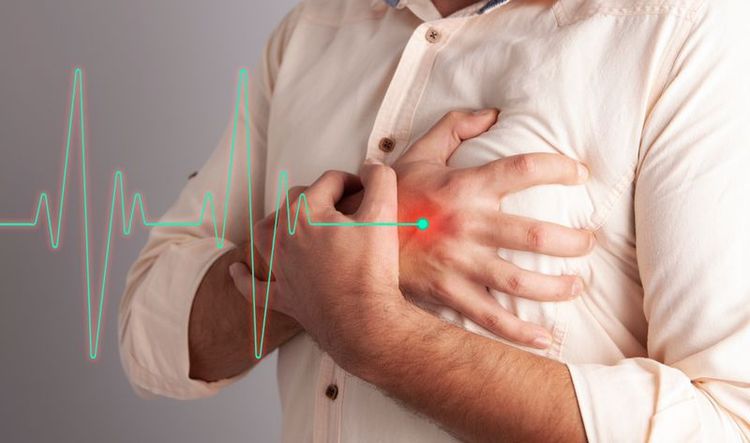
Sử dụng phô mai đem lại môt số lợi ích cho sức khoẻ tim mạch
3. Some notes when processing and using cheese
How does using cheese in recipes when you are trying to eat less fat and saturated fat perform? Here are the ways to make cheese:
3.1. Cut fat and calories one of two ways: Use regular cheese (full fat), but use only half the amount claimed in the recipe (note that protein and calcium will also be cut). half). Or, use the same amount of cheese the recipe calls for, but switch to a reduced-fat variety that also tastes good and melts well. When you do this, calories are reduced by 30%, fat grams are reduced by about 40%, and saturated fat is reduced by a third. But calcium and protein will still be high.
3.2. High Flavor Cheese When you switch to high flavor cheese, you can use less than you normally would. Some high-flavor cheeses you can use are:
Parmesan and Romano Smoked cheese Bleu, gorgonzola, or other pungent cheeses Cheddar Goat or feta cheese
3.3. Sprinkle cheese on dishes Often, recipes for casseroles or other mixed dishes call for a cheese coating on top. However, one sprinkling is just enough to make this dish.
3.4. Pair cheese with healthy foods Since cheese is a source of saturated fat, pairing it with foods that are lower in fat and high in fiber will increase the nutritional value of both. kind of food. You can use cheese combinations with pears, pasta, whole grains, beans, and vegetables instead of butter, high-fat crackers and cakes, and high-fat meats like salami or salami. sausage.

Phô mai có thể kết hợp với nhiều món ăn khác nhau
3.5. Use fat-free cheese Reduced-fat cheese won't melt like whole cheese or taste like whole cheese. Fat-free cheeses often have a different structure, state, etc. than pure cheese.
4. Cheeses
4.1. Parmesan Cheese In case, you are lactose intolerant? You can try using parmesan cheese. 28 grams of shredded cheese provides 8 grams of protein, 119 calories and only 3 carbs, without causing an upset stomach. In addition, it is high in calcium and phosphorus, nutrients that help in bone formation.
4.2. Goat cheese Goat cheese is generally easier to digest than cheese made from cow's milk because it has different proteins that do not irritate the digestive system. It also has a higher ratio of medium-chain fatty acids, which your body quickly absorbs instead of storing, as it does with other types of fat.
4.3. Feta This delicious cheese is low in calories and fat and packed with B vitamins. Other nutrients it provides include vitamins A and K, folate, pantothenic acid, iron and magnesium.
4.4. Vegan Cheese A vegan diet can improve gut health and increase your body's fiber intake. Cheese made with plants such as soybeans, nuts, seeds or coconut can be a healthy choice, but pay attention to the label. Some vegan products are overprocessed, losing their healthy potential.
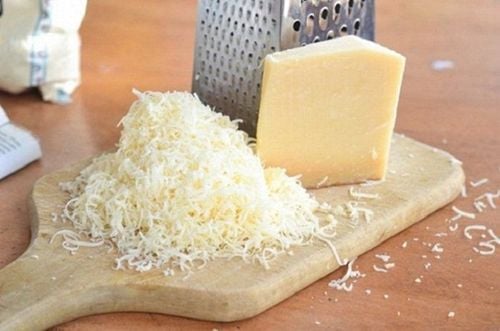
Phô mai parmesan có nhiều chất dinh dưỡng giúp hình thành xương.
4.5. Blue Cheese This savory treat is a solid source of calcium. Only 28 grams include 15% of your daily recommended value.
4.6. Cottage Cheese This energy cheese is packed with nutrients like protein, phosphorus, calcium and potassium. It is also low in cholesterol and a good source of riboflavin. But it often comes with a dose of sodium, so read labels and look for brands with lower sodium content.
4.7. Mozzarella Cheese If you're looking for a low-sodium, low-calorie cheese, mozzarella is a smart choice. You also get a dose of probiotics per serving from the healthy bacteria inside
4.8 Ricotta Cheese Yogurt in creamy ricotta boasts amino acids that are the building blocks of all proteins in the body your body. Whey is also great for building muscle, lowering blood pressure and lowering cholesterol.
4.9. Farmer Cheese Farmer cheese is fresh cheese that is pressed to remove most of the moisture. Because it has less liquid, it also has little or no calcium. But it's low in calories, sodium, and fat while providing a good amount of protein.
4.10. Cheddar When you want to use cheese but don't want to consume too many calories, choose a highly flavorful option like cheddar. It can satisfy your taste cravings in just a small, bold dose.
Customers who have any questions about nutrition, can leave questions in the ASK DOCTOR VINMEC section on the website. Questions will be consulted by the doctor and sent to you as soon as possible.
Please dial HOTLINE for more information or register for an appointment HERE. Download MyVinmec app to make appointments faster and to manage your bookings easily.
The article is referenced at the source: webmd.com



